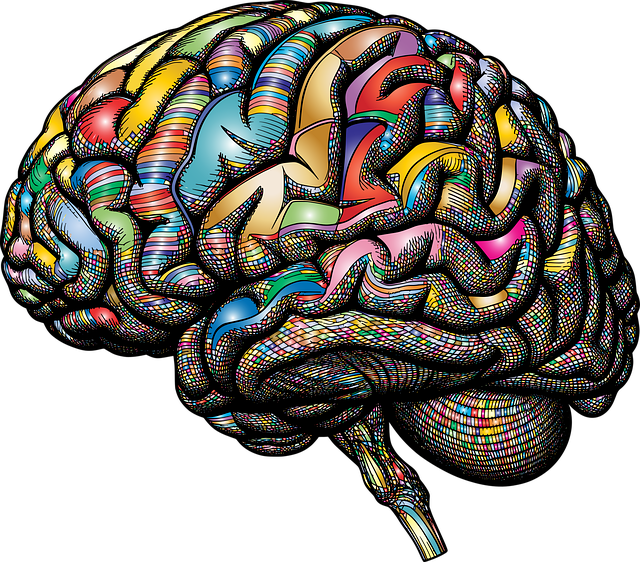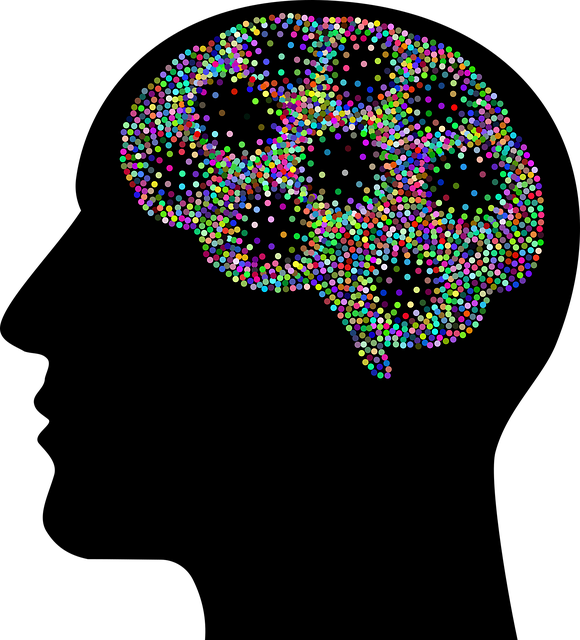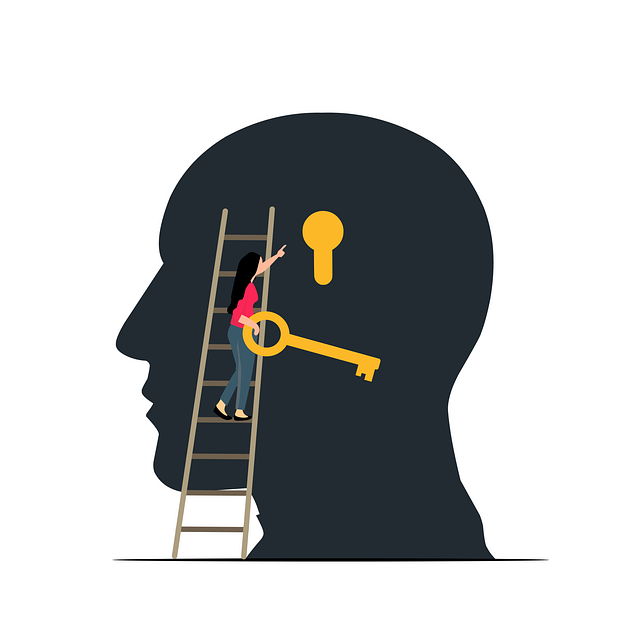Longmont Women’s Issues Therapy (LWIT) offers specialized social skills training tailored to women's unique mental health challenges, addressing social anxiety and depression through holistic approaches. Their programs combine therapy, self-care, and community building, empowering individuals with practical tools for confident social interactions while promoting emotional healing and overall well-being. Through role-playing, CBT, education, group therapy, and outreach, LWIT fosters resilience and personal growth in a supportive environment.
Social skills training is a powerful tool for managing mental health conditions, offering individuals a means to navigate social interactions with confidence. This article explores the intricate link between social abilities and mental well-being, highlighting challenges faced by those with conditions like anxiety or depression. We delve into the therapeutic approaches of Longmont Women’s Issues Therapy, examining their unique strategies for enhancing social skills. Through case studies and expert insights, we uncover effective techniques to foster meaningful connections and build a supportive community.
- Understanding the Connection Between Social Skills and Mental Health
- Identifying Challenges in Social Interaction for Individuals with Mental Health Conditions
- The Role of Longmont Women's Issues Therapy in Social Skills Training
- Effective Strategies for Enhancing Social Skills Through Therapy
- Building a Supportive Community: Group Therapy Sessions and Beyond
Understanding the Connection Between Social Skills and Mental Health

Social skills training is an integral part of addressing mental health conditions, as there’s a profound connection between one’s ability to interact and connect with others and overall well-being. Many mental health struggles can isolate individuals, leading to feelings of loneliness and exacerbating existing symptoms. Longmont Women’s Issues Therapy recognizes this and offers specialized programs focused on enhancing social skills, targeting the root causes of social anxiety, depression, and other issues that hinder healthy relationships.
Understanding this connection is crucial for effective treatment. By integrating emotional healing processes and self-care practices into therapy, individuals can develop resilience and learn to manage their mental health while fostering meaningful connections. Furthermore, burnout prevention strategies are essential for healthcare providers working with these clients, ensuring they can offer sustained support without compromising their own well-being.
Identifying Challenges in Social Interaction for Individuals with Mental Health Conditions

Individuals with mental health conditions often face unique challenges when it comes to social interaction. These challenges can vary widely depending on the specific diagnosis and severity of symptoms. For instance, those dealing with anxiety disorders may struggle with initiating conversations or feeling comfortable in social settings due to fear of judgment or criticism. Similarly, individuals experiencing depression might find it difficult to maintain eye contact or express their thoughts clearly, leading to miscommunication and social withdrawal.
At Longmont Womens Issues Therapy, we recognize these barriers and tailor our social skills training programs to address them effectively. Our approach focuses on teaching practical strategies for navigating social situations with confidence. By fostering positive thinking and promoting anxiety relief, we empower individuals to engage in meaningful interactions while minimizing the risk of burnout. This holistic approach not only enhances their personal relationships but also contributes to improved overall well-being.
The Role of Longmont Women's Issues Therapy in Social Skills Training

Longmont Women’s Issues Therapy (LWIT) stands as a beacon for individuals seeking to enhance their social skills and navigate their mental health journeys effectively. This therapy center offers specialized programs designed to address the unique challenges faced by women, ensuring they gain the tools necessary for personal growth and improved interactions with others. The experienced therapists at LWIT believe in the power of connection and community, incorporating various therapeutic techniques into their approach.
Their Mental Health Education Programs are meticulously crafted to foster self-awareness exercises that encourage clients to understand their emotions and triggers. By promoting open dialogue and safe spaces, LWIT empowers women to build resilience against burnout, a common hurdle in managing mental health conditions. Through personalized attention and innovative methods, Longmont Women’s Issues Therapy ensures that participants not only develop strong social skills but also find support in their quest for holistic well-being.
Effective Strategies for Enhancing Social Skills Through Therapy

Enhancing social skills through therapy is a multifaceted process tailored to individual needs, particularly beneficial for those seeking Longmont Womens Issues Therapy. Skilled therapists employ various strategies to help individuals build and strengthen their social abilities. One effective approach involves role-playing scenarios, allowing clients to practice interactions in a safe environment. This technique fosters confidence and refines communication, essential aspects of emotional intelligence.
Additionally, cognitive-behavioral therapy (CBT) focuses on identifying and modifying negative thought patterns that may hinder social engagement. By understanding and challenging these thoughts, individuals can develop healthier interpersonal dynamics. Mental health education programs designed with a focus on social skills training also offer valuable insights into managing emotions, improving active listening, and recognizing nonverbal cues—key components of successful social interactions. These strategies collectively contribute to enhanced mental wellness coaching programs, empowering individuals to navigate social situations more effectively.
Building a Supportive Community: Group Therapy Sessions and Beyond

Building a supportive community is an integral part of social skills training for mental health conditions. Group therapy sessions play a pivotal role in this process, offering a safe and non-judgmental space where individuals can connect with peers facing similar challenges. Longmont Women’s Issues Therapy leverages these sessions to foster camaraderie and shared understanding, empowering participants through collective healing. Beyond the structured meetings, community outreach programs are implemented to extend support into everyday life. These initiatives encourage open dialogues, promote coping strategies, and enhance mental wellness by creating a network of care that extends far beyond the therapy room.
Integrating stress reduction methods within this supportive community is key to holistic improvement. By combining group dynamics with practical tools for managing stress, Longmont Women’s Issues Therapy helps individuals build resilience and navigate life’s challenges more effectively. This comprehensive approach not only addresses mental health concerns but also equips participants with the skills needed to thrive in a social context, ultimately contributing to improved mental wellness and overall well-being.
Social skills training, as offered by Longmont Women’s Issues Therapy, plays a pivotal role in improving mental health outcomes. By addressing challenges in social interaction, individuals with various conditions can develop essential coping mechanisms and build supportive communities. Effective strategies, including group therapy sessions, foster a sense of belonging and enhance overall well-being. This tailored approach, as showcased by Longmont Womens Issues Therapy, is a game-changer in managing mental health, offering hope and practical tools for personal growth and improved social interactions.










